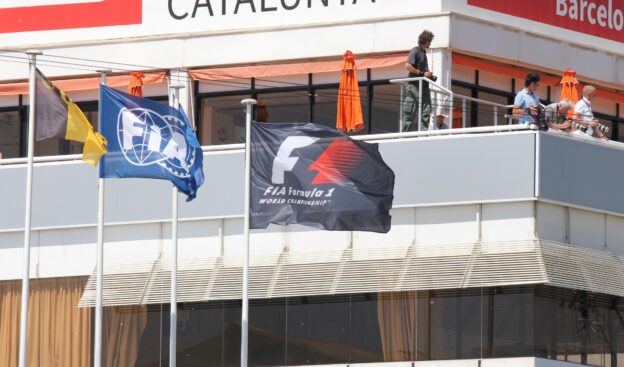F1 floundering amid coronavirus crisis

With the coronavirus pandemic having brought the sport - and the wider world - to an indefinite standstill, Formula 1 is still grappling to decide its next moves.
In hurriedly organised teleconferences involving the teams, the FIA and Liberty Media, one major focus has been the reorganisation of the existing 2020 F1 calendar.
With the consent of the teams, the FIA's World Motor Sport Council has now ratified the moving of the 'summer' break from August to March, and extended the mandatory factory shutdown period from 14 to 21 days.
Red Bull said: "Whilst we would all love to return to racing, the severity of this global pandemic is changing by the hour and the impact transcends our sport."
Beyond that, Formula 1 is in serious financial trouble. On February 20, the sport's share price - FWONK - was $46. Now, it is about $20.
"The reason is obvious," said Auto Motor und Sport editor Michael Schmidt. "No races, no money."
F1's new financial crisis means that, in one of those teleconferences, nine of the ten teams even agreed to delay the 2021 regulations until 2022.
The proposal means the current and unraced 2020 cars will be homologated until the end of 2021, with only aerodynamic developments permitted next year.
Only Ferrari, whose factory in the Italian 'red zone' is currently closed, has asked for more time to think.
Another teleconference is scheduled for Thursday, but Racing Point team boss Otmar Szafnauer said keeping the 2020 cars for 2021 as well is a no-brainer.
"Given the dramatic situation, there is actually no other option," he said.
The solution would also give Formula 1 the flexibility to extend the 2020 season - whenever it gets underway - into January of 2021.
There are also rumours that the $175 million budget cap for 2021 may be reduced.
"Now the big teams need to put their arrogance aside, because they're under pressure now too," said an unnamed team boss.
✅ Check out more posts with related topics:












